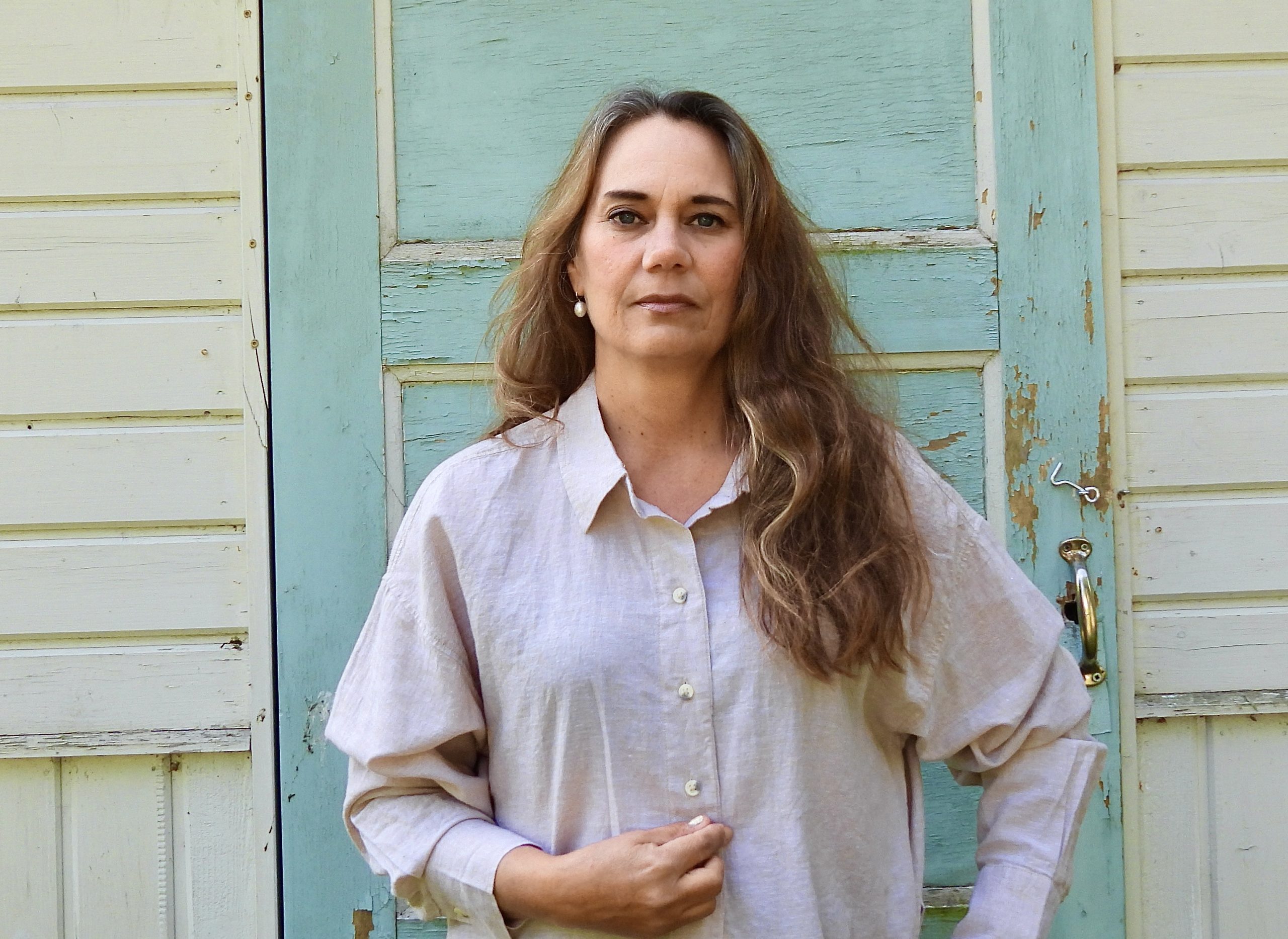Inaam Kachachi talks to Gabriella Håkansson, writer, literary critic and essayist with great commitment to issues of democracy and justice.
Uppsala Stadsteater
Friday march 21, 18.15
Language: Arabic and English
Duration: 45 minutes
Real Iraqi women’s fates in documentary and fictional forms, can be said to be themes Inaam Kachachi, writer, journalist and filmmaker, returns to in her works. Born in Iraq, but living in France, she has never stopped exploring Iraq’s modern history and what it is doing to people there.
Kachachi has made a documentary film about the Arab world’s first female minister in the late 50s and about female participation in the first elections in Iraq after the US coalition invasion. But Inaam Kachachi has garnered the most attention for her novels.
In her award-winning novel Al-Hafeeda al-Amreekiya (The American Granddaughter in English translation), Inaam Kachachi depicts the double tragedy of her homeland: the failure of the United States and the humiliation of Iraq. And what it causes for split identities in both those in exile and those who stayed in Iraq.
The story in the book begins in 2003, at the beginning of the US occupation of Iraq. Then a young Iraqi-American woman returns to her war-torn homeland as an interpreter for the American army. There she meets her grandmother, who strongly disapproves of her granddaughter’s work. She also meets close relatives she doesn’t know and falls in love with a Shiite militiaman. She will for a very long time live divided, torn apart like the country Iraq.
In the third novel, Tashari (The Dispersal in English translation), is the story of an Iraqi family which, like so many Iraqi families, was split up and forced to migrate to different countries. With this book, Kachachi once again touches on themes of diaspora and identity crises in the countries to which the Iraqis have fled.
Annabitha (The Outcast in Eng. trans.) is based on real events and spans over the history of modern Iraq. It is based on the female journalist Taj al-Muluk Abdelmagid, also the owner of Iraq’s first newspaper. The book begins in 1940s Iraq when Taj al-Muluk begins relations with, among others, Nuri al-Said, the prime minister and follows her and other historical figures’ fates for decades.
Inaam Kachachi talks to Gabriella Håkansson, writer, literary critic and essayist with great commitment to issues of democracy and justice. The conversation is interpreted into English.


